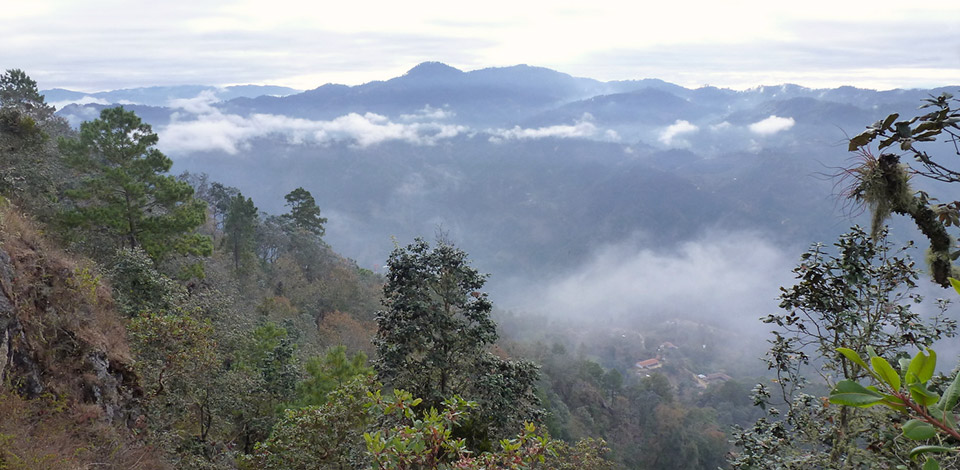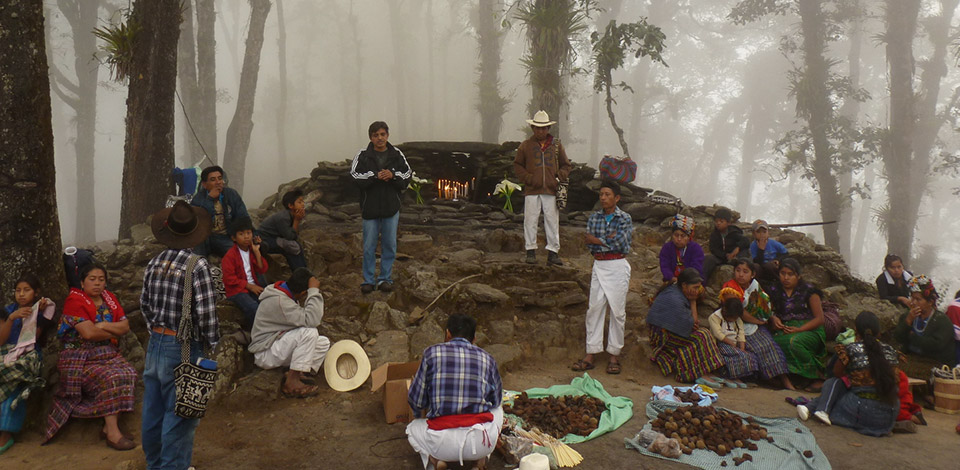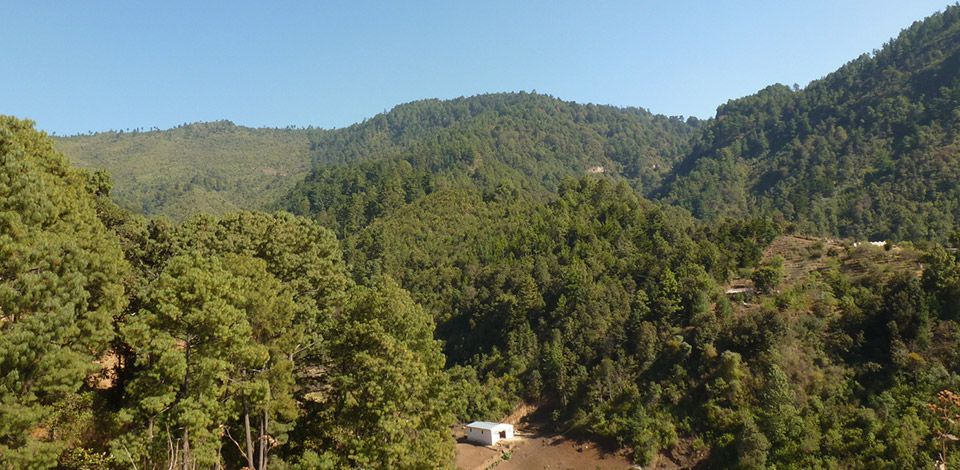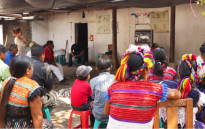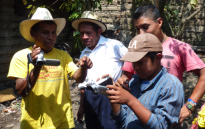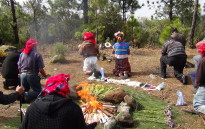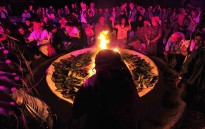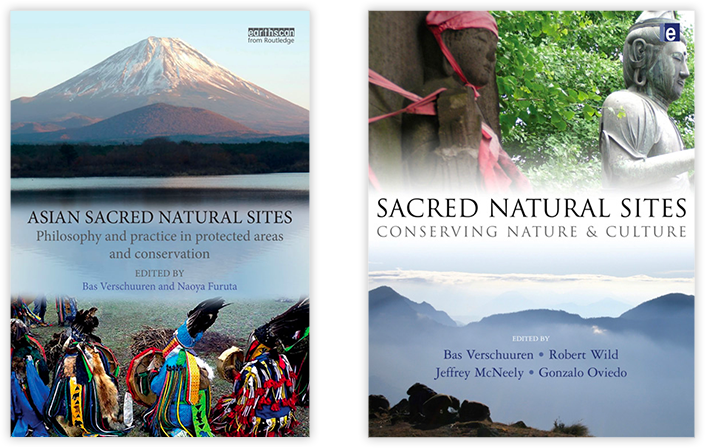In Guatemala the Sacred Natural Sites Initiative works with Oxlajuj Ajpop, the National Council of Mayan Spiritual Leaders a member of the COMPAS Network and the ICCA Consortium. Hoja Verde, a Swiss Foundation promoting education and innovation for sustainable forestry whilst improving living conditions of local people, supports the project. Other organisations and SNSI partners such as Natural Justice are also getting involved in the project.
Forests in Guatemala
The forests of north west of Guatemala cover a region spanning fully one third of the national territory of which 70% consists of steeped mountains covered in sub tropical and cloud forests. The region borders the largest remaining tropical low land forest and wetland in Central America also known as the Biological Mesoamerican Corridor but is itself succinctly different. The subtropical cloud forests are rich in biodiversity sustaining plant and wildlife including a range of endangered species..
Sustainable Forest Management through Recognition of Cultural Values
In Guatemala forests are frequently used for ceremony, prayer and healing and are in cases regarded as sacred or holy. There is some recognition of cultural values in the sustainable forestry sector for example the ITTOs criteria and indicators for sustainable forest management and assessment include sacred forests, but this needs to be expanded. For example, the IUCN Specialist Group on Cultural and Spiritual Values of Protected Areas has made recommendation to the UNFF on the safeguarding of cultural, sacred and religious forests (Wild et al 2010).
“Not only do indigenous forest communities use the forest to harvest non-timber forest products such as medicine, construction materials and food, they also form an important part of their cultural and spiritual lives” - Wild et al (2010) The Social values of Cultural, Sacred and Religious forests.
The Aims
Oxlajuj Ajpop and SNSI aim at the enhancement of sustainable cultural and community forest and natural resource management (NRM) practices in sacred forests in Guatemala. This will be achieved through improving understanding of the role of cultural, spiritual and community values in forest and NRM as well as through making the voices of communities better heard and supported by the national forestry and conservation sectors. One specific focus of the work is to elicit and promote community based indicators for the cultural, sacred and spiritual importance of forests through a series of dialogues ranging form the local to the national level.
Community Action
The communities and their Mayan spiritual leaders will develop indicators, principles and recommendations for the forestry sector and other forest stakeholders for the enhancement of cultural, spiritual and community values into sustainable forest management practices. To achieve this, Oxlajuj Ajpop and SNSI work closely with three rural communities in the Quiche district. Over the course of one and a half year the communities will develop:- their own community action plans for forest and NRM management
- community protocols for the safekeeping of their sacred places and forests
- forest value indicators for forest stakeholders,
- dialogues about their forest values with forest related stakeholders,
- education materials on forests and NRM for schools,
- participatory videos for sharing with other communities and forest stakeholders
Media from Guatemala
The portfolio is empty
Oxlajuj Ajpop
In Guatemala Oxlajuj Ajpop, the National Council of Mayan spiritual Leaders, has been particularly successful at creating change based on indigenous values. As part of the International COMPAS Network, Oxlajuj Ajpop has worked with 27 communities for over 14 years, focusing on improving their endogenous capacity to increase their own well-being. As part of this process Oxlajuj Ajpop has developed a Social-Environmental Agenda and in particular also directives for the use, management and governance of water. Being a special advisor to the National Commission on the Protection of Sacred Sites, Oxlajuj Ajpop also developed a proposal for a law on the Indigenous management of Sacred Sites in Guatemala and sought international advice on its implementation.

